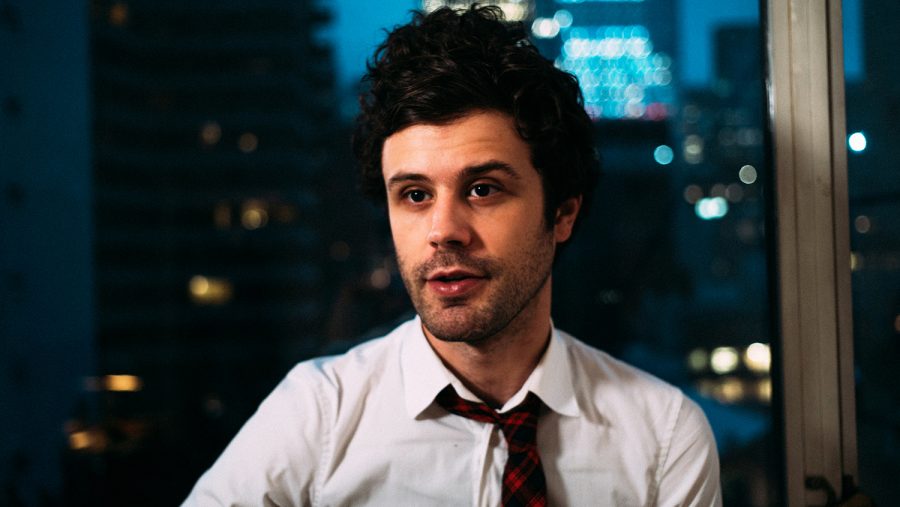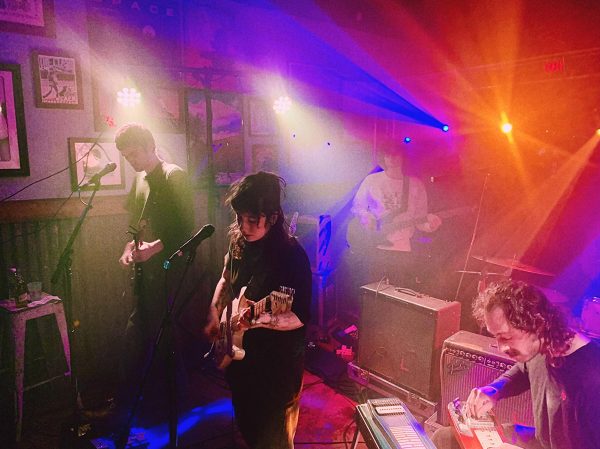MUSIC TODAY: The importance of mental health among musicians
Sparked by the recent passings of prominent artists in the music industry, the overall mental health of musicians has been called into question. The deaths of Chris Cornell of Soundgarden and Chester Bennington of Linkin Park are two recent examples of an artist that often sang about their own mental health issues in their songs, yet tragically succumbed to those issues when they were not able to get the help they truly needed.
Passion Pit frontman Michael Angelakos is a huge proponent of recognizing mental health as a priority of musicians, as he himself suffers from bipolar disorder. In an 2012 cover story with Pitchfork, Angelakos opened up about his disorder, describing how it had manifested in his personal life and began to interfere with his career. After several attempts to take his own life, he was able to find a way to cope with his disorder better.
Angelakos was able to reflect upon his struggles and create something that could benefit those in need. Earlier this year Angelakos founded the Wishart Group — “an artist-driven company dedicated to focusing on health and wellness in making professional music and art a viable and sustainable career for a vastly expanded group of people. [The Wishart Group develops] programs and services that better serve and promote the mental, physical, financial, and creative wellbeing of artists.”
Additionally, all of the proceeds from Passion Pit’s most recent album — Tremendous Sea of Love — are being donated to the Stanley Center for Psychiatric Research at Broad Institute.
Aside from Passion Pit, more and more artists are speaking out about the importance of mental health. In August 2017, Foo Fighters frontman Dave Grohl reflected on the deaths of Cornell and Bennington in an interview with The Rock FM, stating that “when it comes to someone like Chris Cornell or Chester, depression is a disease. Everybody goes through it their own way.”
Foo Fighters drummer Taylor Hawkins continued, “it doesn’t matter what’s in your bank account or how many hits are on your YouTube page, all that kind of crap goes out the window if you’re not feeling right. If it looks like someone is down — way down — check on them.”
Lead singer of Bastille Dan Smith said in an interview with NME: “[Discussion of mental health has] definitely become normalized, but needs to be more so. I’ve always been really honest about the fact that I get anxious and super nervous about playing shows, and that comes from being honest about this. I’m not up for cultivating some sort of false rockstar image for the sake of it. It’s important people feel able to talk about it. It’s something that affects so many people and should be something we can talk about as much as having a cold or any other physical illness.”
Mental health awareness is an issue that stretches far beyond the music industry and applies to the everyday person. A common theme between the deaths of recent musicians is unfortunately they were unable to get the help that they truly needed, or that it was not enough. Just talking to someone about your problems, while it may seem just a small step, is a tremendous start in the right direction.












